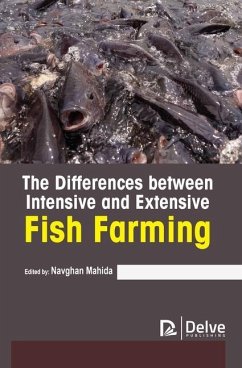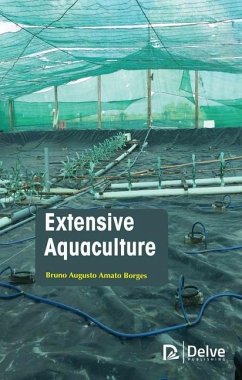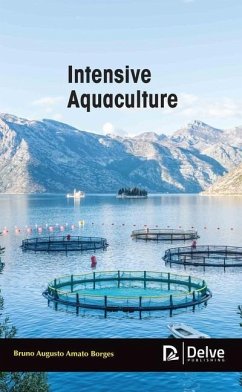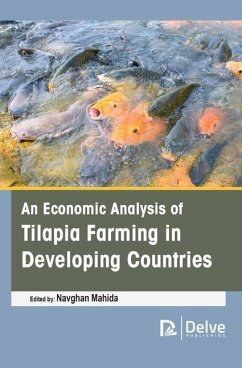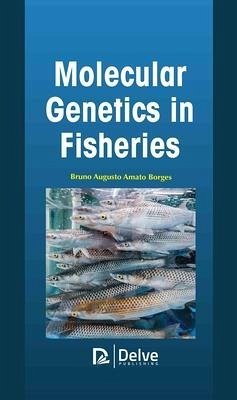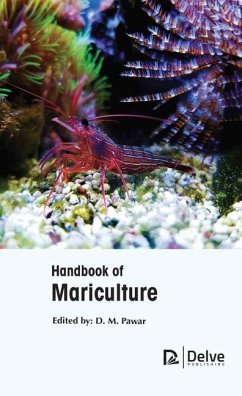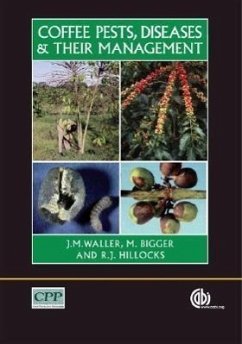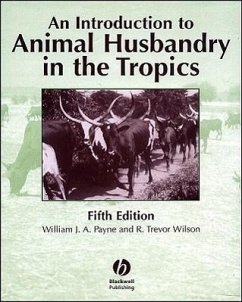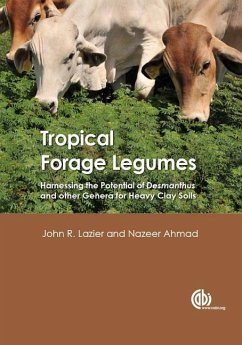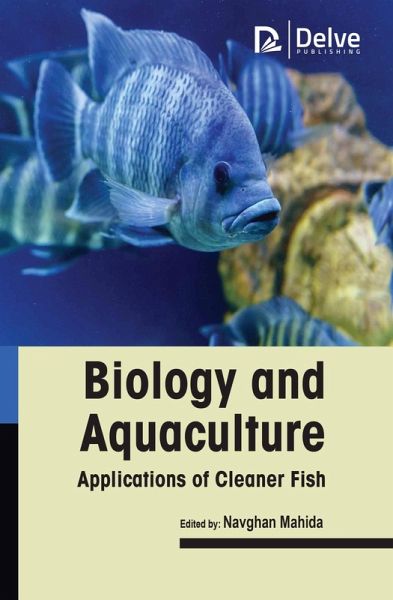
Biology and Aquaculture Applications of Cleaner Fish
Versandkostenfrei!
Versandfertig in über 4 Wochen
164,99 €
inkl. MwSt.

PAYBACK Punkte
82 °P sammeln!
The control of parasites in fish farms has traditionally involved the use of pesticides, either as bath treatments or by oral administration. The search for other ways to control the incidence of parasites is now being intensified to improve fish quality, safer final product, and lower environmental impact. The addition of cleaner organisms as biological control agents has broadened the perspective of rearing fish in a more environmentally friendly way. In the marine environment, the interspecific relationships between fish are ubiquitous and are commonly described as beneficial interactions w...
The control of parasites in fish farms has traditionally involved the use of pesticides, either as bath treatments or by oral administration. The search for other ways to control the incidence of parasites is now being intensified to improve fish quality, safer final product, and lower environmental impact. The addition of cleaner organisms as biological control agents has broadened the perspective of rearing fish in a more environmentally friendly way. In the marine environment, the interspecific relationships between fish are ubiquitous and are commonly described as beneficial interactions where a smaller species (cleaners) remove parasites and infected tissue from the body surface, mouth, and gill chambers of other fish. Furthermore, in certain cases, the need to seek cleaning seems to go beyond the question of parasite removal; it is also about gaining physical contact and other health benefits. However, the inclusion of cleaner fishes to the farming system adds another organism to the production effort, whose biology is, in most cases, unknown to the industry. This raises another layer of challenges, not only in terms of rearing a novel species but also in terms of the welfare of the cleaners themselves. Therefore, this is a field that deserves further attention and research, to establish better welfare standards and lower disease outbreaks for farmed fish, both cleaners and clients. This book introduces important cleaner fishes that can reap benefits to the fish farming communities. The problems associated with freshwater aquaculture have been emphasized. The advancements in freshwater aquaculture and the present situation regarding the tools being used are explained. The impact of aquaculture on the environmental factors was explained in this book. The socio-economics of the cleaner fish aquaculture is explained in this book. This book serves as a handbook for the students across all the subject areas who are interested in either pursuing a career in aquaculture or research in similar fields.



